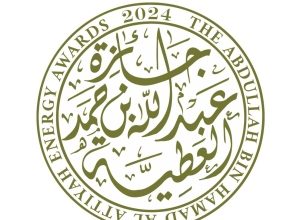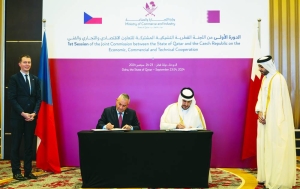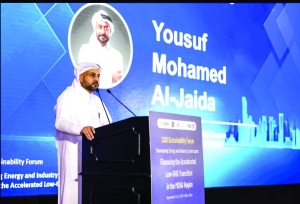Organ Transplants at UMC Offer New Life to Patients
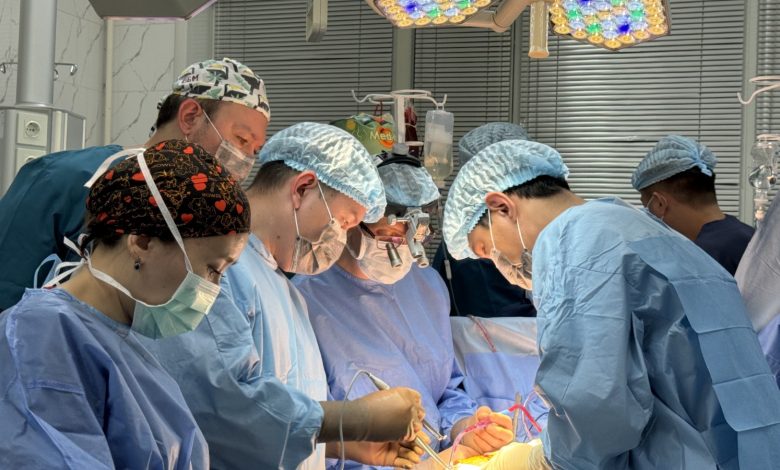
ASTANA — University Medical Center (UMC) specialists conducted organ transplants on three patients in need on July 17. The operations, which took place at UMC clinics, utilized organs from a generous donor, a 44-year-old woman who tragically suffered a hemorrhagic stroke resulting in brain death. Her family consented to organ donation, providing a new life for five individuals.
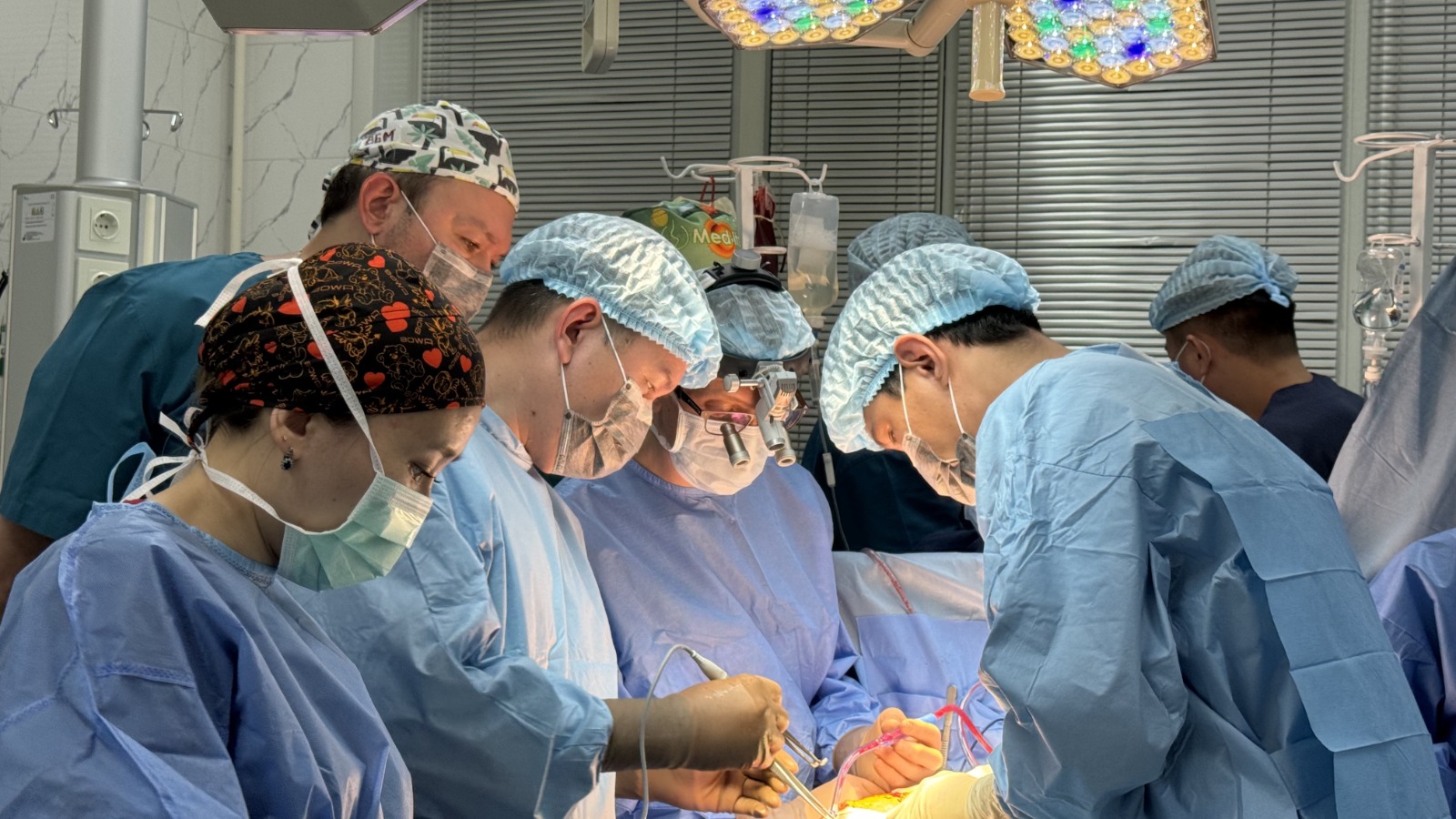
Photo credit: UMC
According to UMC’s press office, a donor heart transplant was performed on a 43-year-old patient previously supported by an LVAD mechanical circulatory device at the UMC’s Heart Center. Simultaneously, another patient underwent a lung transplant, and at the Mother and Child Center, a kidney transplant was conducted on a 15-year-old girl. All recipients are currently undergoing rehabilitation and are in stable condition under the attentive care of medical specialists.
Additionally, the second kidney and liver from the same donor were transplanted to patients at the National Research Oncology Center (NROC) in Astana. This underscores the collaborative efforts across medical institutions to facilitate life-saving procedures.
“Organ transplantation is one of the most difficult operations. However, the experience, skills, and technical equipment allow them to be performed at a high level in our country. Heart and lung transplants are performed only from a posthumous donor, with confirmation of brain death. However, the further process largely depends on the decision of the close relatives of the potential donor,” reads the UMC press statement.
UMC extended appreciation to the donor’s family, transplant coordinators, and medical teams from the Multidisciplinary Regional Hospital of the Akmola region and UMC and NROC clinics. Special recognition was also given to the patrol police battalion of Kokshetau city, service inspectors, and the department of the local police service of the Akmola region for providing transport support and a “green corridor,” thereby helping to save valuable time, which is vital during the transportation of donor organs.


